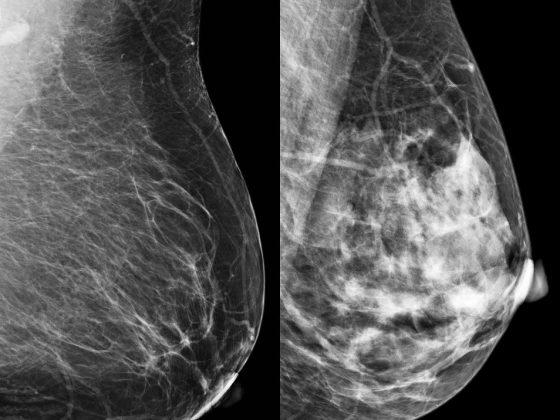More cancer patients want to be informed about their future functional prognosis than their life expectancy. The Japanese survey, published in Annals of Palliative Medicine, October 28, found that almost half of patients wanted to know about their functional progress compared with around one in four who wanted to know their life expectancy. It also found that one in five patients wanted to obtain prognostic information by entering information such as their blood results onto a webpage, compared with one in three who wanted to hear it from medical staff.
“Because cancer patients may have unfinished business, they may prefer to know their functional prognosis as a guidepost for completing their unfinished business,” says lead author Jun Hamano, from University of Tsukuba, Japan.
Providing prognostic information is a vital component of cancer patient care. However, the specific information that cancer patients prefer to receive has been poorly understood, which may have had a negative impact on doctor–patient communications.
In the current study, Hamano and colleagues set about investigating the type of prognostic information that cancer patients want to be informed about. “This evidence would help determine desirable prognostic information provision, prognosis communication and future prognostic research directions,” write the authors.
In January 2022, 132 cancer patients aged 40 to 75 years from across Japan, who were undergoing cancer treatment or who visited hospital regularly for follow-ups, responded to an anonymous online survey. Using a 6-point scale (1 =strongly agree… 6=strongly disagree), patients were asked whether they wanted to be informed about their life expectancy, and whether they wanted to be informed about their functional prognosis (which included moving freely, complex thinking, eating well and proper communications). They were also asked about whether they wanted to receive prognostic information directly from their physician or whether they wanted to receive it by entering their information, such as the result of a blood test, onto a web page.
Additionally, patients were asked whether they had experienced the death of a family member from cancer.
For respondents, the most frequent primary tumours were gastrointestinal/ hepatobiliary and pancreatic (n=43, 32.6%), followed by urogenital (n=23, 17.4%) and gynaecological (n=20, 15.2%). In total, 19 respondents (14.4%) had experienced recurrence or metastases and 13 (9.8%) were currently undergoing chemotherapy.
Results showed:
- Among respondents, 26.6% answered ‘strongly agree’ or ‘agree’ to questions around wanting to be informed about their life expectancy and 33.6–46.9% wanted to be informed of their functional progress, defined as ability to move freely, have complex thoughts and eat well.
- The experience of having family members who had died of cancer had a significant correlation with preferences to be informed about ‘life expectancy’ (rs=0.344, P<0.001).
- 14.4% ‘strongly agreed’ and 22% ‘agreed’ that they wanted to be informed about their prognosis directly from a doctor; while 5.3% ‘strongly agreed’ and 17.5% ‘agreed’ that they wanted to be informed about their prognosis by entering their information into a web page.
“Our result is valuable as our findings suggest that a certain number of cancer patients wanted to know their functional prognosis as well as time left to be physically and mentally independent, which is a novel finding,” write the authors.
One possible explanation for witnessing family members dying of cancer influencing people’s preferences for being informed, add the authors, is that the experience provoked patients to ask questions such as ‘Would I burden others?”, “Could I maintain my own independence?”
The authors point out that, as 66.7% of participants had never had chemotherapy and only 14.4% had recurrence or metastases, the majority of the participants could be interpreted as a group with high probabilities of cure.












